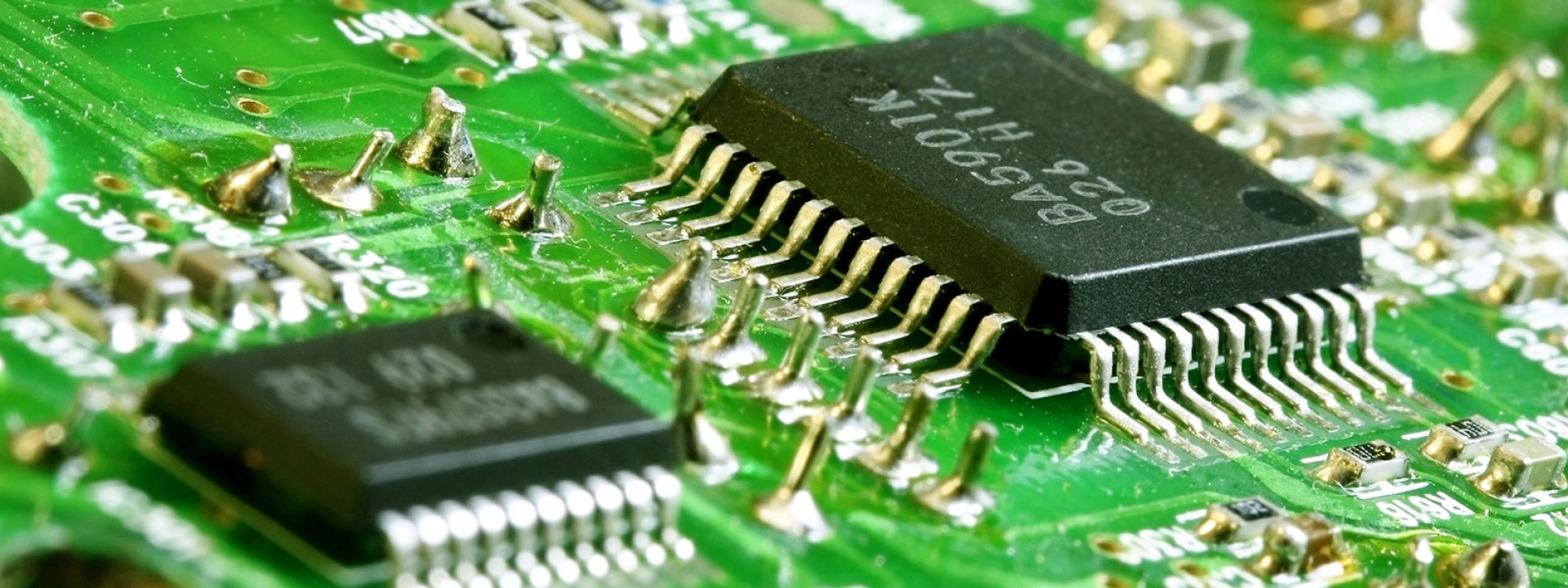News & Events
The so-called third-generation semiconductors are promising, and Taiwanese firms, including those from the semicondutor and IT sectors, are gearing up efforts looking to build a strong presence in compound semiconductors similar to that in the present semiconductor scene. With IC shortages vary from segment and segment, chip vendors are expected to see mixed results in 2022. GaAs foundries and epitaxial wafer suppliers say they are not concerned about clients overbooking for power amplifiers, expressing optimism about demand.
Taiwan strives to create dominance in third-generation semiconductors: Countries around the world continue to respond to zero-carbon emissions policies. The EU proposed its Fit for 55 package, which aims to reduce greenhouse gas emissions by 55%. In the US, the Biden administration has budgeted US$550 billion to an infrastructure plan that includes electrical grids, electric vehicles (EV) and energy storage.
Mixed sales performance seen for different chip segments in 2022: IC design houses will see mixed business results for different chip segments in 2022. Vendors of automotive chips, Ethernet controllers, Wi-Fi chips and other networking ICs will sustain strong demand and remain capable of raising prices, but those of consumer ICs such as handset APs, display driver ICs (DDI), MCUs and memory chips may face a downward price adjustment or order cuts from clients as terminal demand continues to slow down, according to industry sources.
GaAs foundries, epi-wafer suppliers remain upbeat about power amplifier demand: GaAs foundries and epitaxial wafer suppliers remain optimistic about demand for power amplifiers, and believe there's no concern about overbooking by customers, according to industry sources in Taiwan.
By DIGITIMES






